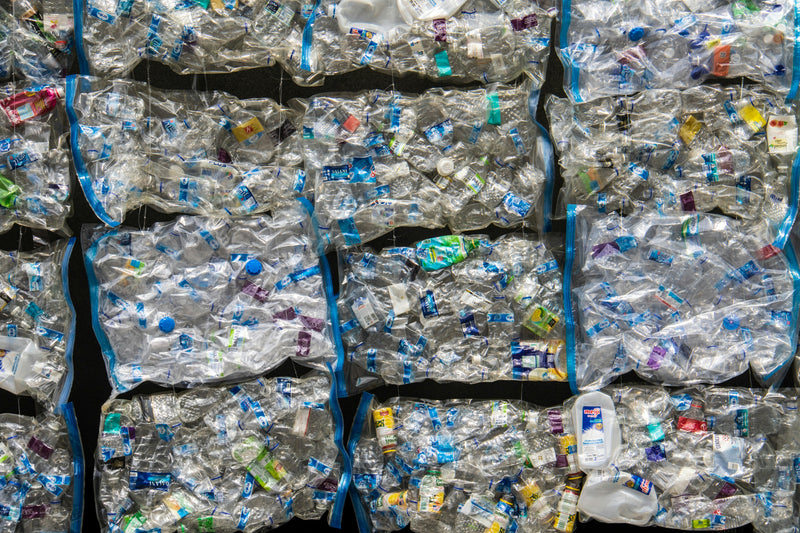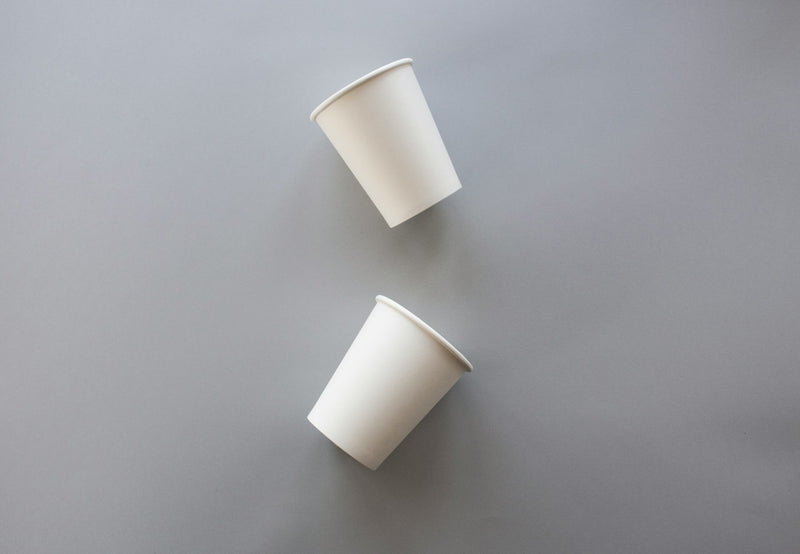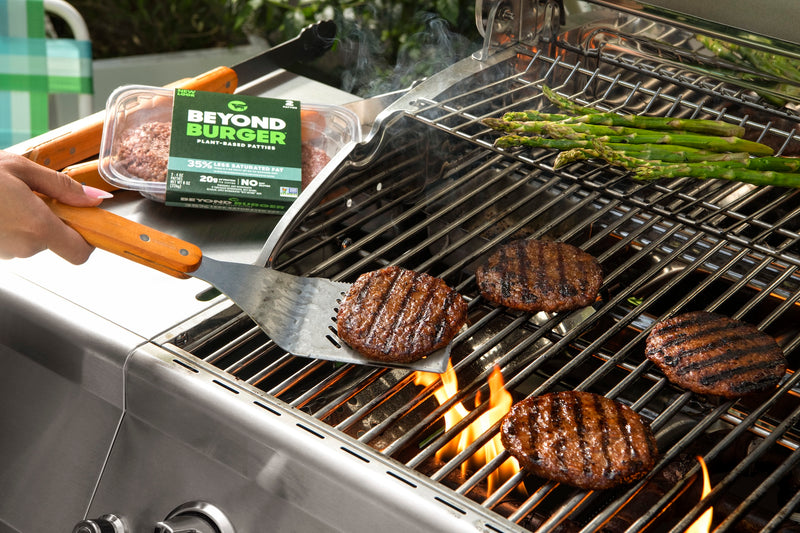A look at eco-focused water containers
**Engage Jerry Seinfeld voice**
What’s the deal with all these water bottles?!
But seriously, there’s a wide range of water vessels made of different materials vying to be the leading environmentally-conscious choice for consumers.
Let’s take a look at common and emerging options to see their pros and cons.
Boxed water
Boxed water bottles are a trendy eco-alternative to plastic bottles that are alleged to be more environmentally friendly. The reality is more complicated though.
Cartons from Boxed Water is Better, for example, are made in large part from plant-based materials, including sustainably harvested pines and a cap made from tree pulp. The company claims its cartons also have a lower environmental impact throughout their lifecycle than single-use plastic bottles and canned water.
The cartons used by Boxed Water Is Better, however, are 74 percent paper, 1 percent aluminum, and 25 percent plastic and other materials, according to the Center for Accountability in Science (CAS). That mix of materials makes it very difficult to recycle, the organization says.
In fact, cartons have an even lower recycling rate than plastic bottles at just 16 percent.
Aluminum bottles
Aluminum water bottles are also on the rise. The material itself is more recyclable when compared to paper or plastic, but it too has flaws.
In the U.S., aluminum cans have on average 68% recycled content compared to just 3% for plastic bottles, per the Environmental Protection Agency. That’s good, but the production of aluminum is not great for the Earth.
The production of new aluminum cans pumps about twice as much carbon into the atmosphere when compared to plastic bottles. The smelting process for aluminum emits perfluorocarbon emissions that have a warming potential “9,200 times that of carbon dioxide,” CAS reports.
In addition, new aluminum is sourced through bauxite strip mining, which is a process that displaces wildlife and erodes soil, according to CAS.
Plastic bottles
Single-use plastic is never a good thing.
But if you look purely at carbon footprint, plastics fare well when compared to aluminum cans as they produce about half the amount of carbon emissions. The recycling process of plastics also takes less energy when compared to aluminum — yet as we mentioned above, plastic bottles in the U.S. are comprised only of about 3% recycled materials.
That said, the terrible effects of plastic waste around the world are well documented. Also, aluminium and boxed water cartons do not break up into harmful microplastics like plastic does.
And as we’ve discussed before, microplastics are becoming more present in our food system. Various studies show that microplastics are found in beer, wine, rice, table salts, honey, bottled water, fruits, and vegetables. A 2017 study found that 83% of tap water samples from around the world contained microplastic contamination.
The best choice?
Ultimately, the best water vessel for the Earth is your favorite, durable water bottle filled with filtered tap water.
If you’re a cafe owner or retailer, encouraging your customers to bring their water bottles and making a water tap easily-accessible can help cut down on single-use plastic or aluminum cans.
If you have to provide water bottles for some reason, the Alliance to End Plastic Waste says a recycled aluminum can is the best choice for the environment.
Some tips from scientists
The smart folks over at MIT put together a helpful list of recommendations if you’d like to reduce your impact by
- Pick a bottle you love and stick with it. That means saying no to free bottles, too.
- Be efficient with cleaning by choosing an energy-efficient dishwasher.
- Put your name on your bottle so you don't lose it.
- Choose reusable bottles which are easy to take apart, so that each part is made of one material.
- Reuse or donate your old bottles instead of sending them to landfill or recycling.







